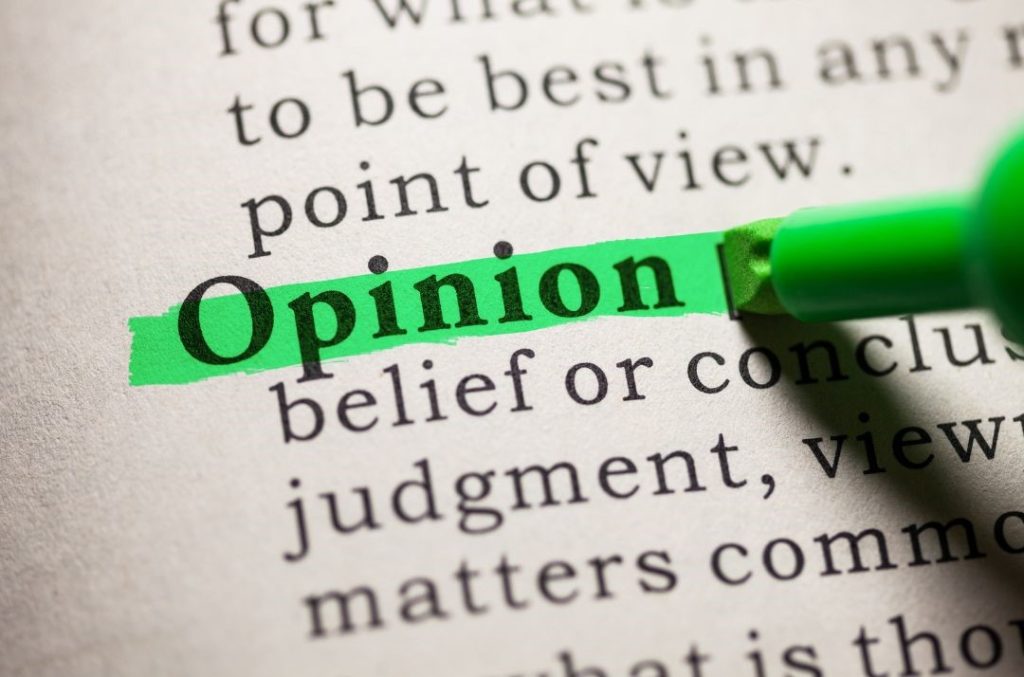I read with interest an article published some two days ago by a senior counsel, and I must say I agree with the observation: ‘This is power that runs so deep and that is so all-encompassing that it can be exercised in very subtle ways behind the scenes and buried in darkness with explosive effect… Trust must always be earned and, as a people, we will suffer in regret if we buy what the Prime Minister is selling.’
Chilling words, no doubt, but true ones. If there is anything that Covid has taught us, it is that there are some who realise they wield power akin to that of an absolute monarch, and, worse, they have the gumption, and the will, to actually wield that power, knowing they have the full backing of the State, whilst the people have no will, resources or ability to attempt to seriously present a challenge.
During Covid, the State relied heavily on edicts (‘ordinances’, usually made by one unelected bureaucrat) to command your behaviour. If you got caught, often there was no ability to appeal the automatic fine and jail sentence. In retrospect, Covid was something of a proving ground for the power-hungry. The State has forgotten that its power derives from the people, and, it seems, too many of the people seem to have forgotten this as well.
CS Lewis said, ‘Of all tyrannies, a tyranny sincerely exercised for the good of its victim may be the most oppressive. It may be better to live under robber barons than under omnipotent moral busybodies. The robber baron’s cruelty may sometimes sleep, his cupidity may at some point be satiated, but those who torment us for our own good will torment us without end, for they do so with the approval of their own conscience.’
Perhaps we the people don’t see tyranny for what it is. ‘We voted for them,’ we say. ‘It’s their job to govern.’
Well, it is time we wake up to the truth, because ‘they’ are not about to just hand back our power. Power corrupts, they say, and absolute power corrupts absolutely. Which brings us to where we are now, where the PM can hold public consultations on constitutional reform (the Constitution being more than simply the supreme law of the land, but the people’s contract with the State, where we tell them how, precisely, we consent to be governed), and then proceed to dismiss or downplay those ideas that the people put forward, particularly if it limits the State’s power, or that power is held by the people. That alone should speak volumes, but it doesn’t.
The unelected committee established to coordinate the exercise of constitutional reform and prepare a working document to be presented for consideration saw fit to include in the final document its own comments and commentary any time a proposal was put forward they did not agree with, thus colouring the people’s proposals before they had even been properly discussed and examined.
Why? Consider the proposal to include a right to bear arms in our own Constitution. One might wonder why the framers of the US constitution held that the people’s right to keep and bear arms was ‘necessary to the security of a free state’, and the simple answer is (and we have all of history to illustrate this) that if you give up your rights, they are not easily given, or taken back.
Further, should one person lose their rights simply because someone else might abuse theirs? Do we ban cars to prevent drunk driving? What about cooking, so that no one has need of knives? Granted, rights and privileges are two very different things, but the central point is that, particularly when it comes to individual rights, the people, not a committee, should have everything to say about them, if indeed anything should be said.
As Benjamin Franklin wrote in 1755, ‘Those who would give up essential Liberty, to purchase a little temporary Safety, deserve neither Liberty nor Safety.’ In 1986 US president Ronald Reagan said ‘the nine most terrifying words in the English language are: ‘I’m from the government, and I’m here to help.” They were right.
Lorenzo Molligan



Responses